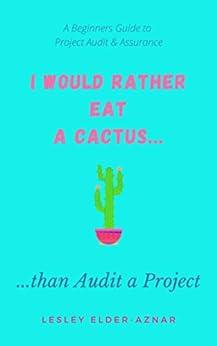Vikki Rococo (age 22) is living with her parents for one year while she begins to pay off her student loans and prepares to move into her own apartment. She has been working at a local company processing 401(k) plan benefits, and her manager just sent her to a training course called Year-EndWhat you need to know for your clients. The training empha- sized the importance of keeping information organized so that reports can be created and accessed quickly. Vikki finds the session valuable and decides that she really should improve the organization of her own financial files at home. To her dismay, she realizes that she has much more work to do than she originally thought. Her pay stubs, credit card statements, receipts, 401(k) statements, and a bunch of other work benefit envelopes and files had all been thrown together into a shoebox on the floor of her closet. She admits that she needs a much better system. Vikki's financial statistics are shown below Assets: Monthly Expenses: Checking account, $3,500 Rent, $200 Car, $7,500 Food, $100 401(k) balance, $2,500 Student loan, $250 Liabilities: Car loan, $200 Student loan, $14,000 Credit card payments, $40 Credit card balance, $1,850 Entertainment, $100 Income: Gas/repairs, $150 Gross annual salary, $40,000 (before taxes) Retirement savings: $2,333 monthly pay after-taxes 401(k) $500 per month, plus 50% employer match on the first 7% of pay Questions 1. What recommendations do you have for Vikki's recordkeeping system? 2. What expenses should she include in her budget if she moves out? 3. How much should she have in an emergency fund? What steps should she take to reach this amount? 4. How can she use Your Personal Financial Plan sheets 5-8? Vikki Rococo (age 22) is living with her parents for one year while she begins to pay off her student loans and prepares to move into her own apartment. She has been working at a local company processing 401(k) plan benefits, and her manager just sent her to a training course called Year-EndWhat you need to know for your clients. The training empha- sized the importance of keeping information organized so that reports can be created and accessed quickly. Vikki finds the session valuable and decides that she really should improve the organization of her own financial files at home. To her dismay, she realizes that she has much more work to do than she originally thought. Her pay stubs, credit card statements, receipts, 401(k) statements, and a bunch of other work benefit envelopes and files had all been thrown together into a shoebox on the floor of her closet. She admits that she needs a much better system. Vikki's financial statistics are shown below Assets: Monthly Expenses: Checking account, $3,500 Rent, $200 Car, $7,500 Food, $100 401(k) balance, $2,500 Student loan, $250 Liabilities: Car loan, $200 Student loan, $14,000 Credit card payments, $40 Credit card balance, $1,850 Entertainment, $100 Income: Gas/repairs, $150 Gross annual salary, $40,000 (before taxes) Retirement savings: $2,333 monthly pay after-taxes 401(k) $500 per month, plus 50% employer match on the first 7% of pay Questions 1. What recommendations do you have for Vikki's recordkeeping system? 2. What expenses should she include in her budget if she moves out? 3. How much should she have in an emergency fund? What steps should she take to reach this amount? 4. How can she use Your Personal Financial Plan sheets 5-8








